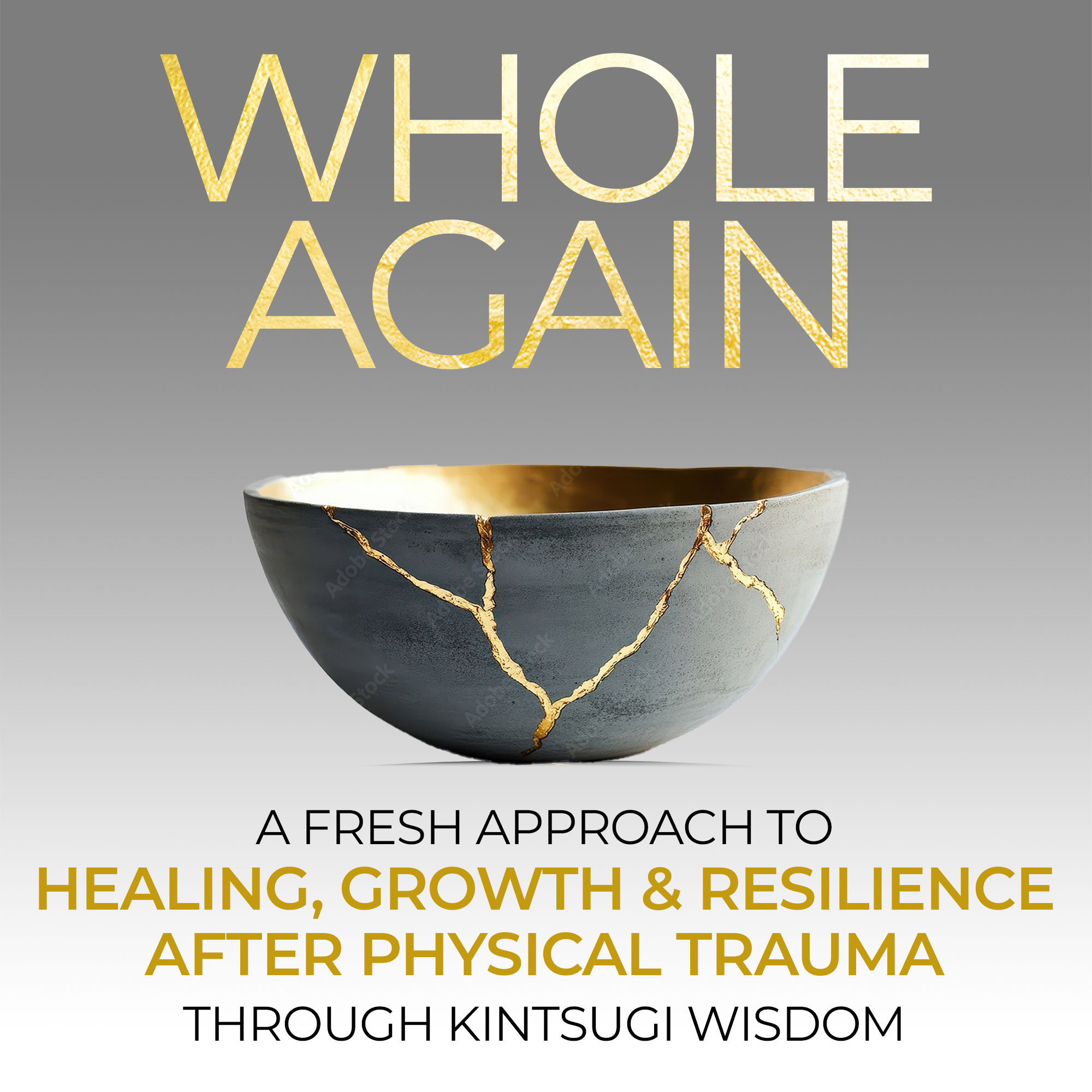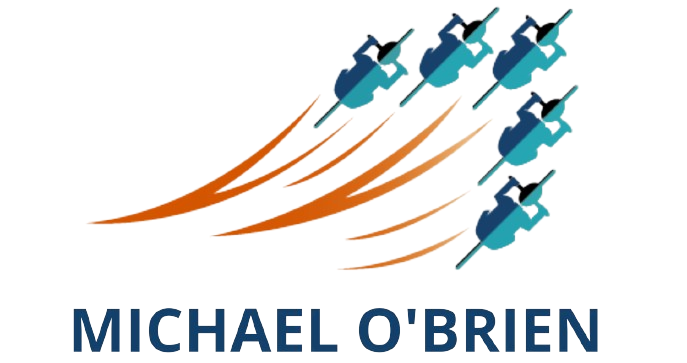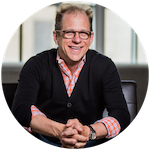
193 | Becoming Whole Again – How Small Moments Shape Your New Identity and Build Resilience After Physical Trauma
What if rebuilding your identity after trauma isn’t about going back—but about stepping into who you are meant to become?
Healing isn’t just about recovery—it’s about transformation. In this episode of Whole Again (formerly The Kintsugi Podcast), Michael shares why embracing change is essential to reclaiming your strength. He also reveals three powerful lessons to help you release the past, navigate uncertainty, and step fully into your new identity.
- Learn why letting go of who you were is the key to moving forward.
- Discover how vulnerability can guide you to a stronger, more authentic self.
- Understand how small, unseen moments shape your identity more than big breakthroughs.
Take a deep breath and press play—this episode will help you embrace your journey and step into who you are becoming.
00:00 Introduction and Episode Overview
00:48 Thank You and Acknowledgements
01:30 Podcast Rebranding Explanation
02:02 The Concept of Kintsugi
05:20 Three Lessons for Identity Transformation
05:36 Lesson 1: Letting Go of the Past
09:19 Lesson 2: Embracing Vulnerability
12:54 Lesson 3: Small Steps to a New Identity
14:31 Conclusion and Final Thoughts
If this episode sparked something within you, please download it and share it with a friend.
Kintsugi is the Japanese art of repairing broken pottery with gold, silver, or lacquer, highlighting the cracks rather than hiding them. It embodies the philosophy of wabi-sabi, which finds beauty in imperfection and teaches that breakage and repair are part of an object’s history, making it more valuable rather than less. Metaphorically, Kintsugi reminds us that our challenges, scars, and setbacks are not something to be ashamed of but can be embraced as a source of strength and transformation.
Discover how to scroll less and live more by taking my Free Smartphone Wellness Audit by clicking phone.
Did you know that stickers are wonderful visual cues to help you create healthy habits? You can get one of my free Pause Breathe Reflect sticker by clicking sticker.
To discover more and sign up for My RIPPLE EFFECT newsletter by clicking Ripple Effect.
We can also connect on LinkedIn.
Subscribe to be sure you don’t miss any of the micro-meditations, wellness tips, and guidance that I publish every Monday, Wednesday, and Friday at 7:11 am.
If you feel you need more mental health support, please contact NAMI. This is a good place to start. If you have a question or comment, please reach out to Michael@PauseBreatheReflect.com.
Transcript:
In this episode, I’ll share three things with you as you think about your identity. And who you’re becoming.
Hey there. It’s Michael. Welcome to whole again, the show about helping survivors of physical injury and trauma reclaim their strength and resilience through the wisdom of Kintsugi. In this episode, I’ll share three things with you to pause, breathe, and reflect on. As you think about. Who you’re becoming as you go through your journey.
But first I’d like to say thank you for being here. I appreciate you. And as one survivor to another, I know that showing up. Isn’t easy. So the fact that you’re here, that you have shown up means a lot. So thank you for being here and thank you for being a survivor.
As I mentioned, I’ll share three things with you in this episode to help you step in to your new identity. The person you’re becoming as you go through your healing journey. But first I should probably speak to the new identity of the podcast. If you’ve been a faithful listener of the Kintsugi podcast, that’s just awesome sauce.
And I thank you. And you might be wondering, Michael, why did you change the name from the Kintsugi podcast to Hooligan? What’s with the shift? Well. Let me explain. I love the metaphor of Kintsugi and that is still with us. I believe Kintsugi as a metaphor and as an art form and philosophy is something that we need so desperately today.
Whether we’re going through a healing recovery from a physical injury or trauma or not. I believe America could really benefit from the lessons of Kintsugi and even the planet could benefit from it. So I love the concept of Kintsugi. And when I see my own personal journey from my last bad day, when I look at all my scars, I see myself as a piece of pottery.
I believe we all have Kintsugi in us. But as it relates to being the title of a podcast, well, not everyone I run into. Knew what Kintsugi was all about. But when I explained what Kintsugi is, they’re like, Oh my God, that is so cool. Or they would say, Oh yeah, I’ve seen those bulls before. I just didn’t know what the art form was called.
So people do embrace the concept of Kintsugi, but as a podcast on Apple podcast or Spotify, people didn’t know what the show was about. Was it about making Kintsugi art? Was it about something else? So when I looked in the mirror, I realized that as a show, we were a little bit all over the place. We didn’t have a strong identity, even though the genesis of the show Was my last bad day, my near death cycling accident, and all my scars, all my kintsugi.
So this shift, as the podcast steps into what it’s becoming, gets more focused. It’s all about coming back together and being whole again. Whole again, as it relates to our physical health, our mental and emotional health, our social health, our digital health, as well as our spiritual health, and with attention placed on those who have gone through something.
They’re survivors. They’ve gone through some type of physical injury or trauma, which I would say is probably a lot of us. All in an effort to help people heal, to grow and become more resilient. And we’ll use Kintsugi as a guide to help us become who we are becoming. Because when we go through anything, it’s not about getting back to how it used to be.
It’s about how do we continue. To pedal forward and put a bigger ripple into the world. So that is the story behind why we’re changing our name. And now let me get to those three things I promised I would share with you that you can reflect on as you think about your identity and who you are becoming.
Here’s the first lesson. You need to let go of who you were to help you move forward. The whole idea of identity and I sat with this for so long in the early phases of my recovery was who am I, who am I going to become now life wasn’t all peachy keen. Back in the day before my accident, it was still a good life, but I certainly had my stress.
As I like to say, every stress rock I picked up, I put it in my backpack. So I was carrying with me a pretty heavy burden and I was silently suffering, as I like to say. So when my accident happened, It blew apart my identity. It was so scary. I knew that identity. I knew it wasn’t all perfect, but it was what I knew.
And I was looking out. At the horizon, and it was so intimidating, it was so overwhelming. I didn’t know where to start. I didn’t know who I would become. So this whole concept of identity is a scary one. And let’s first acknowledge that before we go any further. And here’s the cold, hard truth. It’s hard to write a new narrative if we’re still gripping tightly to our old identity.
Whether we’re going through a physical injury or trauma or simply a podcast show title, we have to be able to let go. It starts by allowing yourself to grieve. Grieve the parts that have been lost. whatever they might be. One example from my own personal story is when I had my accident, it eliminated my ability to run and I was a former runner.
I had done multiple races, I even did the Boston Marathon, and there was no way I was running ever again in my life. And I had to sit with the discomfort, which is the second step. Sit with the discomfort. As you go through the grieving process, it’s not linear. It’s not all perfect. It’s messy. And we have to be comfortable sitting in the discomfort.
When we sit in the discomfort, somehow or some way, the discomfort doesn’t have as much power over us. But when we try to ignore it, or fight it, or numb it, Then it gets worse. And we also have to give ourselves permission that it’s okay that we don’t have it all figured out. In today’s world, where it feels like everyone has all the right answers, we have to sit with the fact that we might not know.
And not knowing right now is okay. And let me just say, all those people who seem to have all the answers, they are faking it. They don’t have all the answers. None of us do. So we allow our identity to unfold. It takes time. Who I am today. is not someone who I thought I was going to be in the early stages of my recovery.
So if you can, be patient with yourself. Give yourself some grace and trust the process. Allow things to unfold. All right, here’s number two, and boy do I wish I had Brené Brown back in my day. My accident occurred in 2001, before social media, before TED Talks, before podcasts. Sometimes it’s hard to imagine how did we learn anything back then?
Well, the answer, we learned through books and Believe it or not, talking with each other, what a concept. And I know this podcast is a one way conversation. So if you ever want to have a two way with me, I’ll let you know how to reach out to me in the show notes. So here’s the Bernay Brown tip of today.
Your vulnerability is the birthplace of your new identity. And back in my day, I don’t even know if I knew how to spell vulnerability. But I felt it. I felt it in those quiet moments in the hospital when all the visitors left and all you heard was the beeping of the machines. I knew in those quiet moments that my new identity was not going to come by pretending I was okay.
I also knew I couldn’t build my resilience to get back up again by simply putting on the brave face or my body armor. That was the old way of doing things. And that didn’t work out so well for me. I knew I had to get real with myself, which is so scary. Most people don’t want to do it and forget about whether or not they’ve gone through something.
Most people do not. Wish to get real with themselves and look in the mirror because once we do then we got to do something about it I knew I had to do it. I had to Face what I was truly afraid of I had to get real with that conversation I was telling myself about myself And I had to understand the reasons for my feelings of feeling like an imposter, or when I had moments of self doubt.
What I discovered was that the bravest thing I could do, and the bravest thing that you can do as you go through your healing journey, is stop performing. Stop believing you have to be someone else. And start feeling. Feel the feels, as the kids would say. Your identity isn’t built through perfection. No one’s perfect.
We are all perfectly imperfect. Here, we embrace our scars as symbols of strength and resilience. We celebrate our scars. They are Amazing. They tell people we have lived a life, we have gone through something, and we’re still here, we’re still standing. Our identity as we go forward, your identity as you go forward, is built through being authentic.
Being real is probably the best way to put it. Alright, here’s number three. Your new identity, the person you’re becoming, doesn’t happen overnight. It happens step by step, breath by breath. It happens in all the small moments that no one sees. We don’t wake up one day and decide, here’s who I’m going to be, especially after going through something you’ve gone through.
It happens in all the quiet moments. It comes to you, step by step, breath by breath. It happens The first time you laugh again. It happens the first time you do something that terrifies the shit out of you and you do it anyway. It happens the very first time when you stop apologizing for being human. You stop apologizing for things you can’t do and you find gratitude and celebrate what you can do.
All those tiny moments, that’s what shapes your identity. It’s not the big lightning bolt moments that do. Little by little. You begin to heal. You begin to reclaim your strength and resilience. You begin to see that your life isn’t over. It’s just different. You begin to step into who you can become.
That’s how we do it. That’s how we begin to create our new identity. And I’ll share more in future episodes. Because this one stays with us.
As always, thanks for being here and thanks for being a survivor. In this episode, I shared why we changed our podcast name to Hole Again. Again, I hope you’ll tell your friends about us. And three things to consider as you create your new identity, as you step in to who you’re becoming. The first idea that I shared is that you have to let go.
before you can move forward. The second, and this is the Brené Brown tip of the episode, your vulnerability is the pathway to your new identity. And number three, and as we know, three is the magic number. It’s all about small steps, step by step, breath by breath. That’s how we move forward. That’s how we shape our new identity.
Again, thanks for being here. I appreciate you.
And If you wish to learn more about creating beautiful ripples and how to prevent a bad moment from turning into a bad day, please visit my website, which is michaelobrienschiff. com and sign up for my newsletter called the ripple effect. And I hope you’ll join us every Monday, Wednesday, and Friday at 7, 11 a.
m. Here on the Kintsugi podcast and discover. How we can all celebrate our scars as golden symbols of strength and resilience. Until then, remember you can always come back to your breath. You’ve got this and we’ve got you.
With Whole Again: A Fresh Approach to Healing, Growth & Resilience after Physical Trauma through Kintsugi Wisdom, listeners explore resilience through personal stories of trauma, scars, and injury while learning to overcome imposter syndrome, self-doubt, and perfectionism with self-compassion, self-love, and self-worth. Through insightful discussions on stress management, mindfulness practices, and digital wellness, the show offers practical tools like breathwork, micro-dose meditation, grounding techniques, visualization, and daily affirmations for anxiety relief and stress relief. Inspired by the art of kintsugi, the podcast embraces healing as a process of transformation, encouraging a shift in perspective from worry and being overwhelmed to gratitude and personal growth. By exploring the mind-body connection, micro-dosing strategies for emotional well-being, and holistic approaches to self-care, this podcast empowers listeners to cultivate emotional resilience and live with greater balance and intention.




Leave a Reply